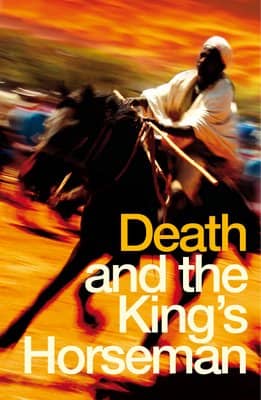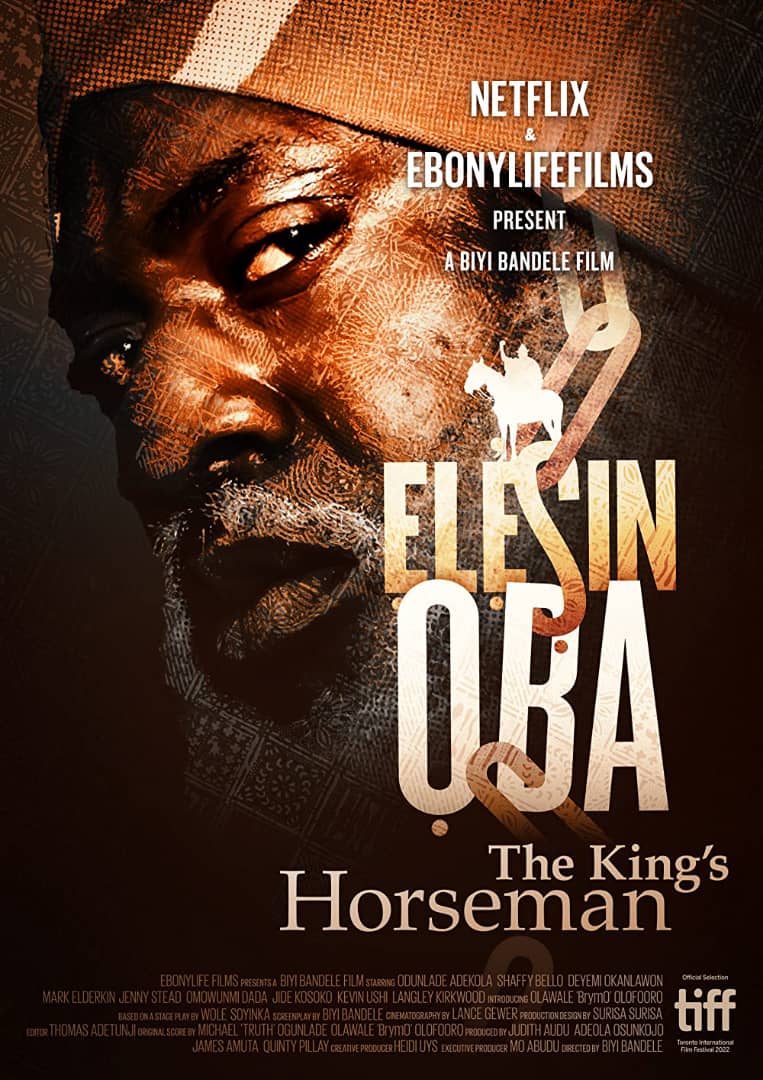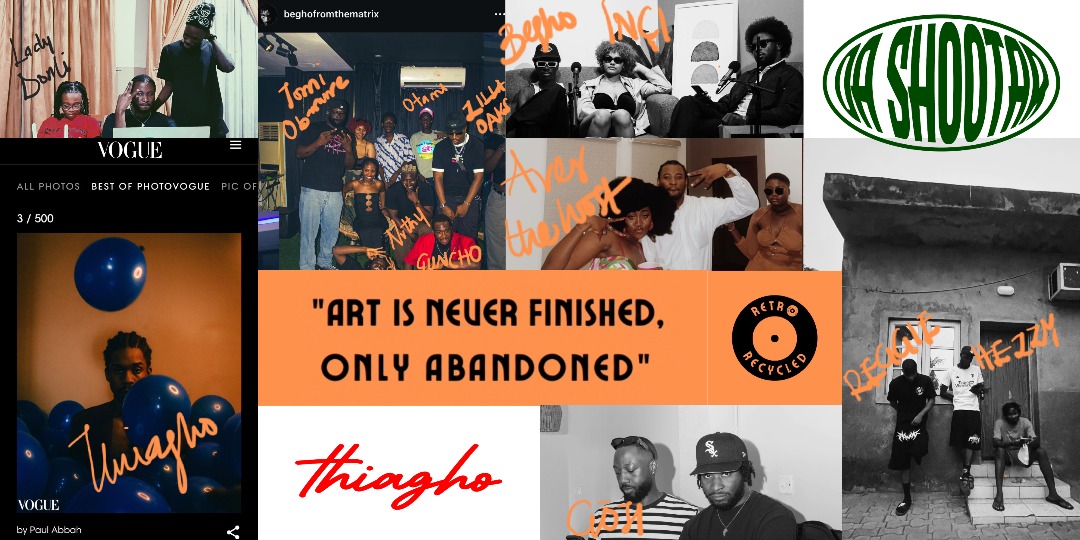by Akinwande Jordan
Few playwrights are qualitatively verbose and equally capable of creating art that viscerally elevates your consciousness; Prof. Wole Soyinka stands in that circle of fewness. Admittedly to some there is just the verbosity and a supposed unnecessary convolution in his work as it has been said to be overly difficult to replicate on stage. But some of the greatest plays ranging the works of Anton Chekhov to Arthur Miller are “objectively” difficult plays so it might be faineant to be dismissive of his work and categorize it as uber pretentious without at least giving it the reverence it deserves on stage.
After all a play is to be acted, not just read, even bad plays get an audience. That being said, the rules are different when Soyinka is made for the screen; there is the court of public critique that comprises of regular joes that are adept in dramatic theory or have little or no knowledge of his work beyond him being a Nobel Laureate and the existence of those people and how they have chosen to engage with his work has inspired a level of elitism in the Nigerian theatre world. And that completely negates the entirety of the need for good Nigerian art.

Soyinka’s play Death and the king’s horseman was adapted for screen recently – titled Elesin Oba, directed by Biyi Bandele and produced by Ebony Life TV. The historical drama upholds the complexities of monarchical politics intertwined with the grey demands of culture and tradition and that was decently portrayed on screen even if there were some poor filmmaking choices made in the bid to be accurate to a source material that was written strictly for specific medium. But we aren’t necessarily here to direct the sins of the film, we are here to question the reaction of theatre pundits and students to the film especially in the sometime lovely, sometime cesspool confines of twitter.
In the days after the film’s release, it was heavily implied that the film only caters to the intelligentsia, the ultra-literate, the self-proclaimed arbiters of the tenets of theatre – basically it was blatantly suggested that anyone with just a brain and a love for cinema can’t enjoy or critique this film as they will be unable to grasp the symbolism and the god-like visualization of the play.
At first glance, one could dismiss these tweets as gimmicky hubris or daily self-seriousness that comes with being chronically online, but this also occurs in real life – the elitism that comes with what we deem high art; there is this aching urge by theatre purists to preach to you condescendingly about why you will never understand a piece of art instead of being decent enough to simplify it enough for you to ignite enthusiasm within you. Shakespeare isn’t loved today because the English bard was inaccessible to the “normies’’, it is loved today because, despite the archaic lingo, it does not feel anachronistic thematically.
His work to date speaks to us all regardless of colour, gender or credentials, and that is what good art does. Art does not owe us morality or panaceas to existential conundrums, but we need it to say something that speaks to the human condition. And that cannot be achieved with the upholders of art telling people that they might not have the academic reasoning to understand a film no matter how supposedly complex that film might be because, at the very end of the day, a film not understood immediately can still be understood later, there is no deadline on how well you get the point of a work of cinema. This is why we invented the rewind button.
Now, this isn’t to throw lovers of theatre and its theorists under the bus, I’m aware of the urge to gatekeep what is dearest to you but we should all be happy that films like Elesin Oba are being made and distributed by large streaming companies. There are no factions here, and feudalism is the death of art especially in a country where being creative is an uphill battle. So, whenever the next adaptation comes around- let’s say Amos Tutuola’s The palm wine drinkard, a linguistically unconventional work being made into a film or mini-series that would give Mike Flannagan a run for his dollars, instead of a select few saying why people shouldn’t bother seeing it because of some pseudo-desecration that might happen if they do. Let’s rally around art, let’s encourage and critique. Do not exclude because, frankly speaking, it is pointless and wrong.





